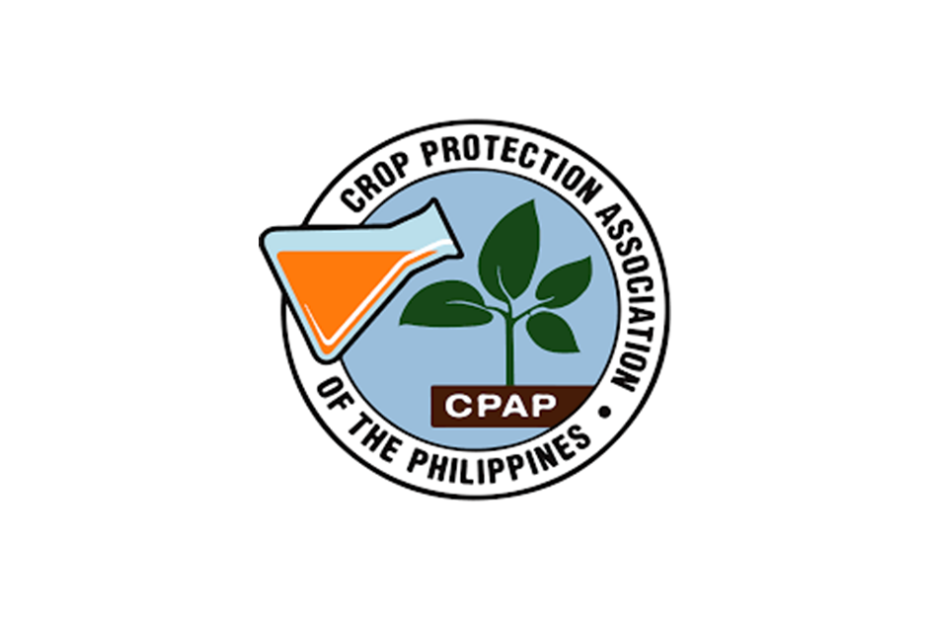Massachusetts Institute of Technology (MIT) is a private research university based in the United States. Under this is the Singapore-MIT Alliance for Research and Technology (SMART), a research enterprise in Singapore that is the largest international research program of MIT. SMART consists of five Interdisciplinary Research Groups (IRG) and one of these groups is Disruptive & Sustainable Technologies for Agricultural Precision (DiSTAP). DiSTAP focuses on creating novel technologies as a key to address problems in food production which will enable us to meet the demands of the increasing population. The researchers believe that this will also allow farmers to effectively use urban and precision agriculture for higher yields and better output.
DiSTAP’s novel devices for the enhancement of urban farming
Two of their latest innovations include nanosensors that, as per Dr. Min Hao Wong, deputy scientific director of DiSTAP, “can intercept distress signals within plants to reveal how they respond to different types of stress, such as injury, infection, and heat and light damage,” and a handheld Raman spectroscopy system that refers to “a portable laser-based device that can provide chemical fingerprints of the material under investigation.” This Raman spectroscopy system utilizes laser light in terms of reading signals, allowing access to the internal process, movements, or mechanisms of plants. DiSTAP’s research shows that there is a correlation between the ability of this device to detect carotenoids in plant leaves and the Shade Avoidance Syndrome (SAS), which is an adaptive response and an unchangeable phenomenon that allows plants to reach more light when they are in shaded conditions.
See full article at Manila Bulletin
![]()

